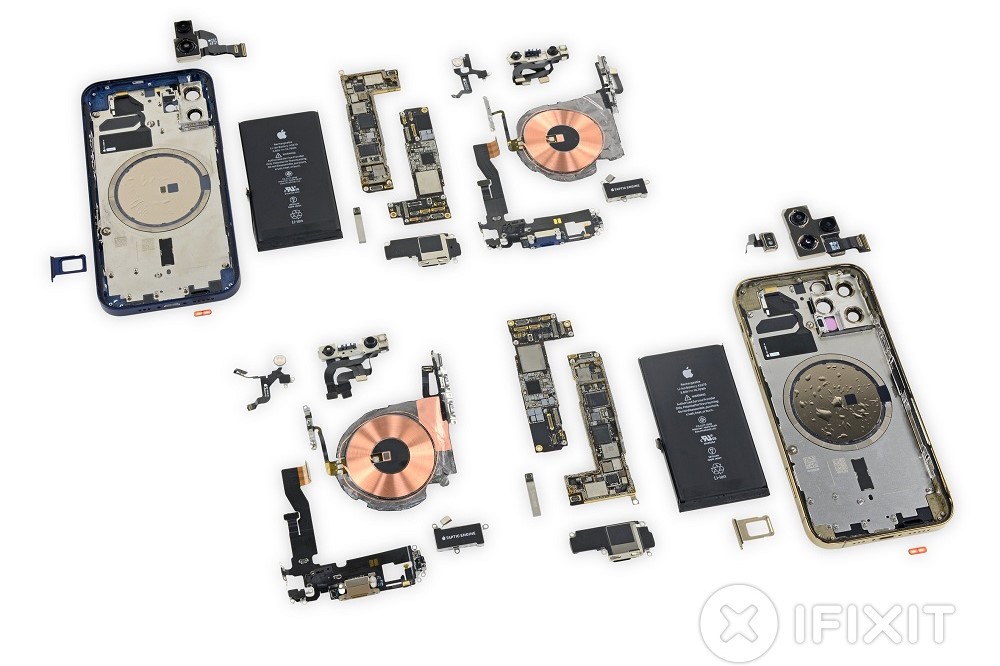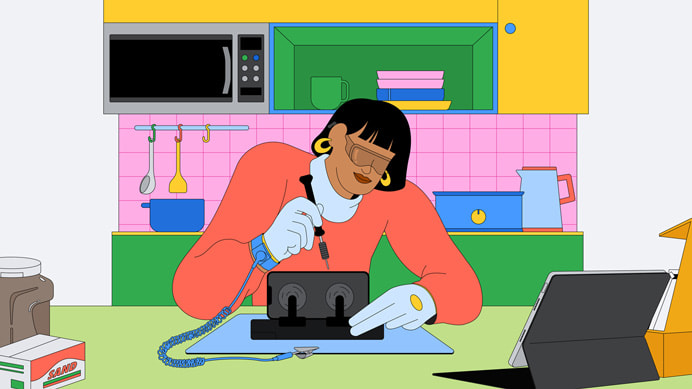Apple is, previously, notorious for its stance against Right to Repair, that is, allowing repair from anywhere that’s not first-party. Most recently, Face ID on the iPhone 13 would break if you replaced the screen, even when original parts were used. Though the reversing of this via software update a couple of months later may have been a sign, as the company has now announced its Self Service Repair program.
This program is a lot more than just Apple deciding to not kill features if you choose to not go first-party for repairs. The company takes it a few steps further, by sending “Apple genuine” parts, tools and manuals to you. So if you know what you’re doing, this technically means the iPhone maker will provide you with everything you need to know to perform a repair. Or, more likely for most consumers, giving your preferred repair shop all of those.

Rolling out first as part of this Self Service Repair program are the things you need to make display, battery and camera repairs for the iPhone 12 and 13. Those for the M1 Macs will come after. The rollout window is “throughout 2022”, naturally starting with the US first.
While this is overall good news for Right to Repair advocates, it remains to be seen what the caveats are to this deal. iFixit, one of the more prominent proponent advocates, highlights that it’s likely that you’ll need to use replacement parts that you buy directly from the Self Service Repair Online Store. So no swapping between existing iPhones that share the same components, and Apple gets near full control of spare parts supply. And of course, unless you know what you’re doing, it’s best to not attempt self-repair and get someone, even if it’s a third-party, to do it for you.
Follow us on Instagram, Facebook, Twitter or Telegram for more updates and breaking news.



